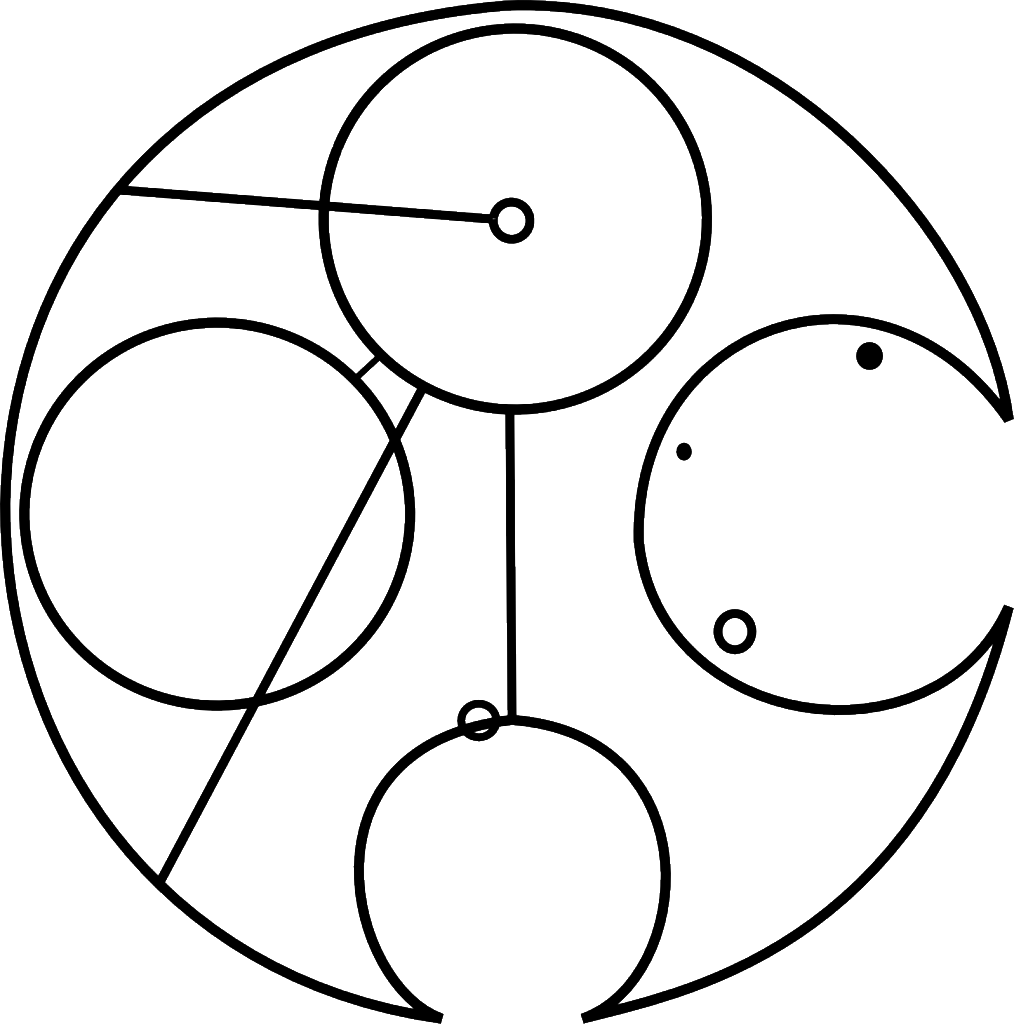I was thinking about starting with something fresh. I have an idea. I've never been one to write simple fiction. But I need some help developing the basic plot without getting to sci-fi or fantasy. Like to keep things as grounded as possible.
Essentially the story will be about time travel. But with a twist. The basic idea is trashing the pop culture belief on time travel. IE where you can go back in time change something, then all of reality changes with it. If that makes sense. Essentially I'm combining the belief that every choice everyone ever has could create a possible reality. Not go into that directly. Only have 1 directed event cause 2 tandem realities. Again I don't want this to be a direct sci-fi piece. The "time change" would be something that caused yet stopped the dark ages of mankind. One reality where the dark ages occurred leading to the present day we all know and love. A 2nd where it didn't happen, leading to an early golden age for mankind. Backstory on that briefly. Figure the dark ages never happening, we'd be 300+ years advanced. Not only in technology but the human psyche would be radically different.
I write character driven stuff. So the basis of technology, changes, and other general sci-fi type things will be mentioned but not over explained. The basic premise of the story. A scientist discovers this other reality (ours.) Through research he finds that at some point in history the time line was changed. Later discovering he's the one who created this second reality by going back in time and accidentally changing the time line. Basically he's under the belief that his time line is the correct one, and the second was created due to his meddling in the first place. The golden age time line will be presented as "advanced" humans. They think different, and even in a different "universe," no human should suffer. Since the time line was already changed. His believe of simply not doing it would fix the time line. IE not going back in time and "changing" anything. But this disrupts both realities. He's left with the dilemma of changing history, against his values, to preserve his reality. To complicate things. The "our" universe, because of the disruptions discovers the other. And being "savage" will lead to other issues. Simply "us" wanting to destroy "them."
OK so that's the basic idea. I need some help though. First the basic plot is holy. (puns) But I'm also terrible with starting off a story.
Ideas and suggestions are welcome.













